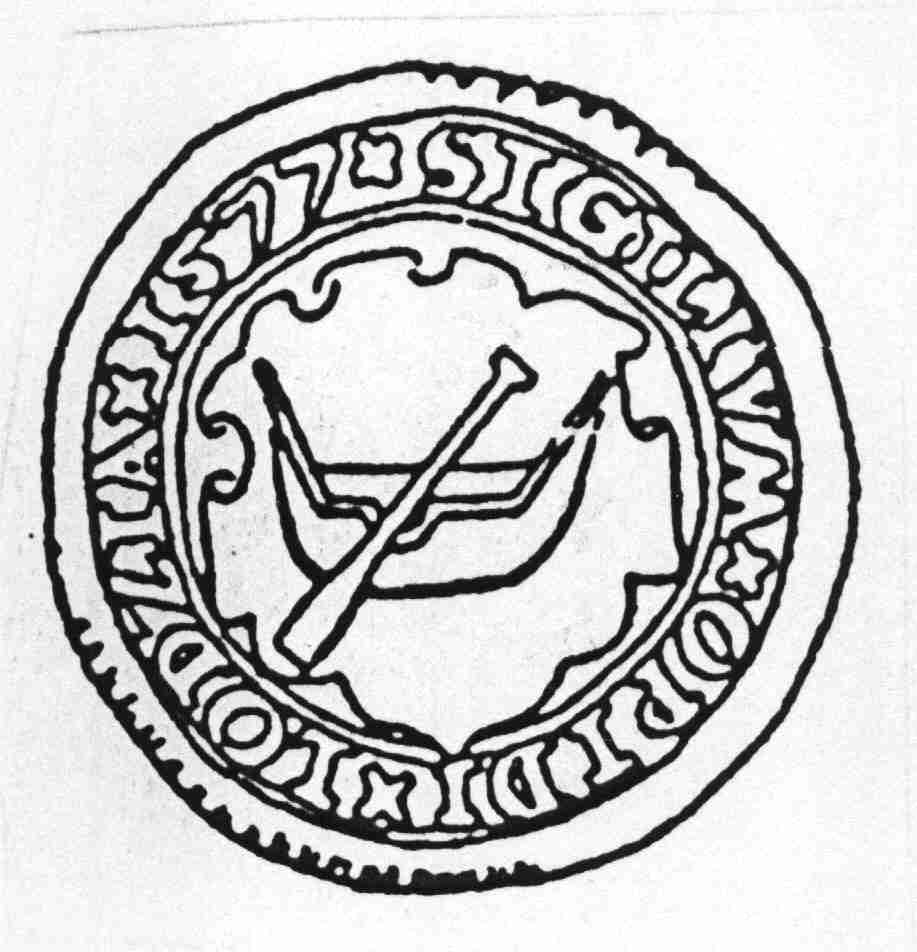Łódź
 Łódź ;
** American English: ;
** Polish: .
* Other names:
** or
** .}} is a city in central Poland and a former industrial centre. It is the capital of Łódź Voivodeship, and is located south-west of Warsaw. Łódź has a population of 655,279, making it the country's fourth largest city.
Łódź ;
** American English: ;
** Polish: .
* Other names:
** or
** .}} is a city in central Poland and a former industrial centre. It is the capital of Łódź Voivodeship, and is located south-west of Warsaw. Łódź has a population of 655,279, making it the country's fourth largest city.Łódź first appears in records in 14th-century. It was granted town rights in 1423 by the Polish King Władysław II Jagiełło and it remained a private town of the Kuyavian bishops and clergy until the late 18th century. In the Second Partition of Poland in 1793, Łódź was annexed to Prussia before becoming part of the Napoleonic Duchy of Warsaw; the city joined Congress Poland, a Russian client state, at the 1815 Congress of Vienna. The Second Industrial Revolution (from 1870) brought rapid growth in textile manufacturing and in population owing to the inflow of migrants, notably Germans and Jews. Ever since the industrialization of the area, the city has been multinational and struggled with social inequalities, as documented in the novel ''The Promised Land'' by Nobel Prize–winning author Władysław Reymont. The contrasts greatly reflected on the architecture of the city, where luxurious mansions coexisted with red-brick factories and dilapidated tenement houses.
The industrial development and demographic surge made Łódź one of the largest cities in Poland. Under the German occupation during World War II Łódź was briefly renamed after Karl Litzmann. The city's population was persecuted and its large Jewish minority was forced into a walled zone known as the Łódź Ghetto, from where they were sent to German concentration and extermination camps. The city became Poland's temporary seat of power in 1945.
Łódź experienced a sharp demographic and economic decline after 1989. It was only in the 2010s that the city began to experience revitalization of its neglected downtown area. Łódź is ranked by the Globalization and World Cities Research Network on the "Sufficiency" level of global influence and is internationally known for its National Film School, a cradle for the most renowned Polish actors and directors, including Andrzej Wajda and Roman Polanski. In 2017, the city was inducted into the UNESCO Creative Cities Network and named UNESCO City of Film. Provided by Wikipedia
61
62
Published 1971
“...Polskie Towarzystwo Historyczne <Łódź>...”
Book
63
Published 1955
“...Sankt Johannis-Kirche <Lodz>...”
Archiv
64
Published 1934
“...Deutsches Reich. Konsulat Łódź...”
Archiv
65
66
Published 1937
“...Turnverein "Kraft" Lodz. Frauengruppe...”
Archiv
67
68
69
Published 1931
“...Spadkobiercy Juljusza Jarischa (Lodz)...”
Archiv
70
71
72
73
74
Published 1935
“...Vereinigung Deutschsingender Gesangvereine in Polen <Lodz>...”
Book
75
Serial
76
77
Serial
78
Published 1935
“...Vereinigung Deutschsingender Gesangvereine in Polen <Lodz>...”Get full text
Electronic
79
Published 1911
“...Deutscher Gymnasial- und Realschulverein <Lodz>...”
Book
80
